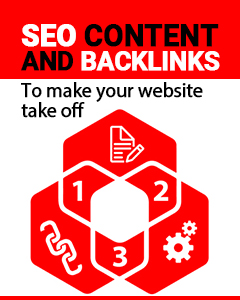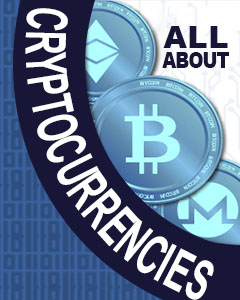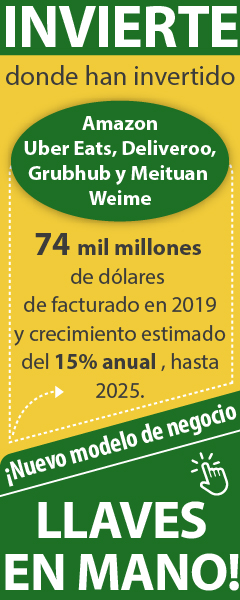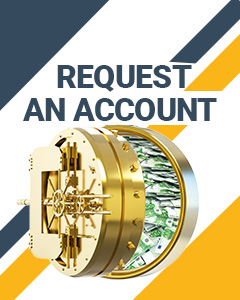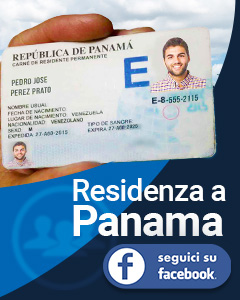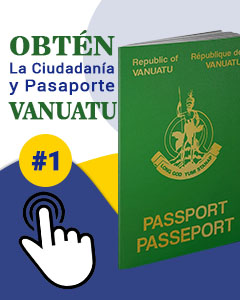
By Giovanni Caporaso Gottlieb
This is a service that we do not offer directly because the channels are often tedious and have uncertain results that depends on so many external factors, such as the website, activities, products or services offered, the company’s image etc.
For an offshore activity, it’s increasingly difficult to accept credit cards, but not impossible, via an online payment gateway.
Table of Contents
Last update 10 July 2020
What is a payment gateway?
A payment gateway is essentially an interface between your online store and the payment processor which, as the name implies, treats the buyer's credit card. The payment gateway treats the credit or debit card data and authorizes the payment or not, making sure that the encrypted card data is correct, that there are funds in it and that the process is done safely, payment gateways can’t determine whether a card has been stolen or cloned and so, not responsible for any chargeback.
For those who own an e-commerce website or sell products and services online, accepting credit and debit cards is a key factor in acquiring more customers. The risk of scams is maintained for both vendors and payment gateways.
Therefore, we must understand that, for payment gateways, offshore companies with no office, a real head office and which are often anonymous, pose a high risk and, for this reason, payment systems accepting offshore companies are scarce, quite tedious and charge high commissions.
How does a payment gateway work?
The great advantage of a payment gateway is that you don't have to worry about the technical part. In fact, the processor will provide all the technical details and connection API’s so that your online business can receive payments made with a credit card or debit
The customer enters your site, chooses the desired product or service, with a click places it in the cart and when ready to pay, sends it to check out, i.e. to enter securely the data to be paid, the data is encrypted and sent to the card company: Visa, MasterCard, Diners, UnionPay, etc. If the payment is made correctly, the seller and the buyer receives a confirmation and the buyer can return to the site.
What are the restricted or prohibited activities that are considered at-risk by the payment gateway?
For banking entities and payment gateways high risk businesses are those that provoke a lot of doubts because of their high indices of fraud and chargeback or borderline activities, or rather, that could easily fall into the illegal. Among these businesses are casinos, bingo, poker rooms, auctions, travel agencies, grow shops, legal services, tarot, erotic content, medications, energizers, vitamins, Forex, offshore services, and many more. In the case of the latter, banks and payment gateways fear that entities without a stable organization, contact phone number or hired personnel, would become a impossible risk to take on.
The negativity of working with offshore companies for more than a few payment gateways constitutes a serious problem, since these, too, need to process their customers’ payments and do it securely. However, the risks are high for the portals since the majority of offshore companies operate with loaned directors and virtual offices. Fortunately, there are several payment gateways that continue to accept risky businesses and we’ll share the characteristics and advantages of each one in this article.
Offshore payment gateway
The offshore payment gateway are the best solution for high-risk businesses that haven’t been able to use the traditional ones. These are smaller payment entities and don’t give much importance to the characteristics of a particular offshore company or the products or services being sold. Precisely for this reason the commissions charged are usually very high.
All offshore payment gateways depend on highly developed anti-fraud protocols and offer a series of advantages for offshore companies. Among them are:
- the commissions are charged according to the type of at-risk business. They usually vary between 4.5 – 7.5% of the transaction. The devolutions charged are between 15-20 Euros; the chargebacks vary between 50-70 Euros;
- they can accept the main names of card issuers, from MasterCard to Visa, Diner’s Club;
- They don’t require the presentation of credit reports;
- they allow unlimited transactions;
- they don’t apply restrictions on the location of the offshore company;
- the physical presence isn’t necessary for the offshore company to open an account in the payment portal.
payment gateways that accept restricted or prohibited offshore activities
PayPal is the most well-known payment gateway and perhaps also the most problematic, although for some services we consider it the best. You can open a PayPal account with a Panamanian company or other offshore jurisdiction and receive payments on a personal account of the company's Director in the United States. 2Checkout is another gateway that generally accepts offshore companies. This gateway restricts many activities and makes deductions to guarantee any chargeback issued after payments are made.
A new payment gateway that is becoming world famous is VoguePay, a payment system created in Nigeria in 2012 and based in London. Nigeria? Yes, I also got scared at first, but the company seems serious, several clients have confirmed to me that they receive payments regularly and VoguePay has also collaborated in the creation of a monitoring system against cyber-frauds developed, in Nigeria, by Interpol.
VoguePay does not apply minimum or maximum transaction limits and works with major credit cards at a rate of 3.8% + 0.50 cent per transaction. To check a business account, a fee of USD 19.99 must be paid by credit card; the minimum withdrawal is USD 1500 and the funds transfer fee is 1.5% +5 USD /EUR per transaction. High rates, but not excessive thinking that there aren’t many options.
Another recommendable payment platform for offshore companies is Klik and Pay, a business that has grown a lot and even acquired a direct rival in this business, Paymill.
Klik and Pay is headquartered in Switzerland and can count on almost two decades of experience. Their payment solutions are adapted according to the business model of each company that hires it; in addition, it also accepts deferred payments (extremely useful for online travel agencies). They usually charge 1.45% + 0.3 Euros.
This payment portal has subsidiaries in Europe, Asia, and the United States so they have authorizations from the corresponding local financial authorities, like Alipay on the Chinese market payment and all the available payment means in the United States.
What do I need to do before opening an account in a payment gateway? How to choose the payment gateway that best suits your business.
- Have the necessary documentation to open the corporate or personal account.
- Have the website ready, with the products and/or services it offers well detailed; the section where we are based; the support section: General conditions, repayment terms, privacy policy, cookie policy and, where applicable, anti-money laundering (AML) policy.
Once everything is ready, the payment gateway takes into account your business. Opening the account first or sending an incomplete site creates a distrust of the gateway and can give a negative impression without the right to review.
What do we recommend to customers who need a payment gateway?
- Once you have chosen the payment gateway, conduct a thorough investigation based on the license with which you operate your business, if they respond promptly to emails and phone calls;
- Check on the opinions of other users on the forums (obviously not just in the payment gateway, if any).
If you need help writing legal texts or searching for a payment gateway, please contact us!.

